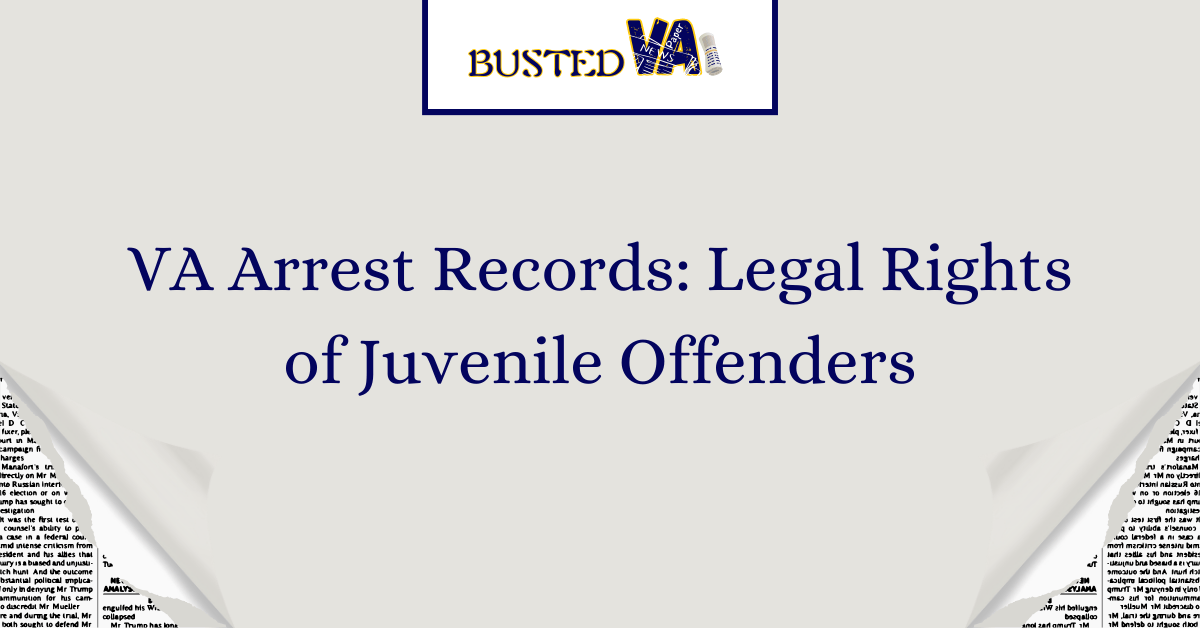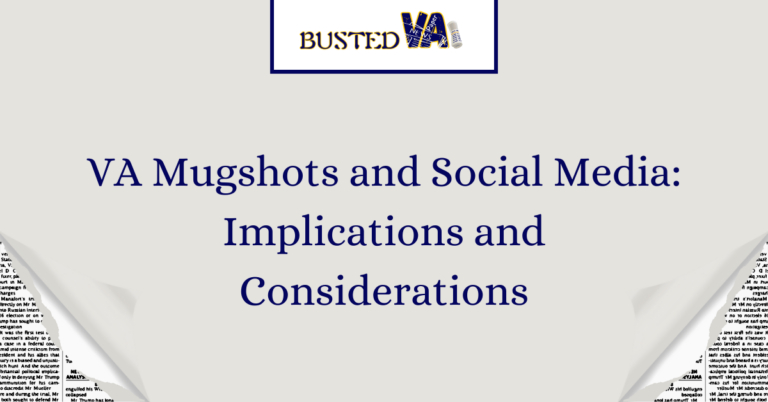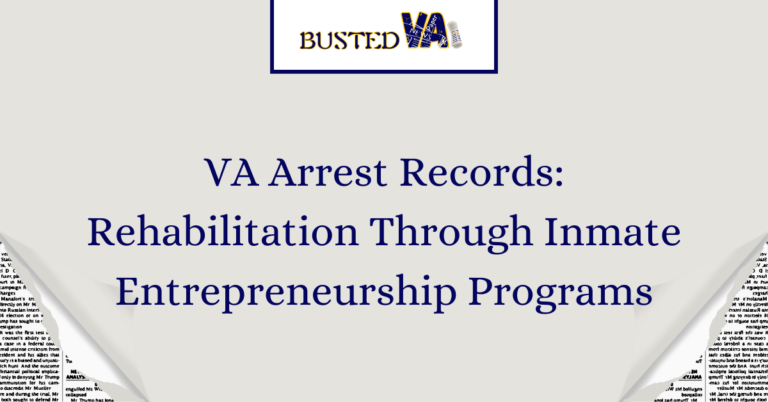VA Arrest Records: Legal Rights of Juvenile Offenders
Understanding the legal rights of juvenile offenders is crucial in ensuring a fair and just judicial system. In this informative guide, we will delve into the intricacies of VA arrest records and shed light on the rights that are afforded to young individuals who find themselves entangled in the legal system.
Throughout this comprehensive exploration, we will navigate the complexities of juvenile law, examining the rights of these young offenders from the moment of arrest to the final resolution of their cases. By familiarizing ourselves with the legal framework, we can gain a deeper understanding of the protections in place for juveniles and the responsibilities of the criminal justice system in guiding and rehabilitating them.
The Arrest Process for Juvenile Offenders
When a young individual is arrested, it is crucial to understand the steps involved in the arrest process and the rights they are entitled to. This section will provide a comprehensive overview of what happens from the moment of arrest to the initial court appearance.
Booking and Detention
After being taken into custody, juvenile offenders go through a process known as booking. This involves recording their personal information, taking fingerprints, and conducting a background check. They may also be placed in a detention facility while awaiting their court hearing.
Initial Court Appearance
At the initial court appearance, also known as the detention hearing, a judge determines whether the juvenile should be released or detained until further proceedings. This stage is crucial as it sets the tone for the rest of the legal process and can greatly impact the outcome of the case.
The Rights of Juvenile Offenders
Understanding the rights of juvenile offenders is essential in ensuring they are treated fairly throughout the legal process. This section will explore the specific rights granted to young individuals and the protections in place to safeguard their well-being.
Right to Legal Representation
Just like adult offenders, juveniles have the right to legal representation. This means they have the option to hire an attorney or be provided with one if they cannot afford it. Legal representation is crucial in ensuring their rights are protected and their voices are heard in court.
Right to Remain Silent
Juvenile offenders, like adults, have the right to remain silent during questioning. This means they do not have to answer any questions from law enforcement without the presence of their attorney. It is important for young individuals to understand this right and exercise it to avoid self-incrimination.
Right to Due Process
Every juvenile offender is entitled to due process, which guarantees fair treatment under the law. This includes the right to a timely and impartial hearing, the right to present evidence and witnesses, and the right to cross-examine witnesses. The criminal justice system must uphold these rights to ensure a just resolution for juvenile cases.
Rehabilitation and Support for Juvenile Offenders
Rehabilitation is a key component of the juvenile justice system. This section will delve into the various programs and support systems in place to guide and rehabilitate young individuals who have had encounters with the legal system.
Diversion Programs
Diversion programs aim to divert juvenile offenders away from traditional court processes and instead provide them with alternative interventions. These programs focus on rehabilitation rather than punishment, offering counseling, community service, and educational support to help young individuals get back on track.
Probation and Aftercare
Probation and aftercare programs provide ongoing supervision and support for juvenile offenders who have been released back into the community. This includes regular check-ins with a probation officer, counseling sessions, and access to educational and vocational resources. These programs aim to reduce recidivism rates and ensure successful reintegration into society.
By understanding the intricacies of the legal rights of juvenile offenders, we can strive for a fair and just system that prioritizes rehabilitation and support. It is crucial to remain informed and advocate for the rights of young individuals who find themselves entangled in the legal system.
FAQs
What are juvenile rights?
Juvenile rights refer to the legal protections and entitlements afforded to individuals who are under the age of 18 and involved in the juvenile justice system. These rights are crucial in safeguarding the well-being and fair treatment of young individuals who may be subject to legal proceedings. The legal framework surrounding juvenile rights aims to recognize the developmental differences between juveniles and adults, emphasizing rehabilitation and education over punitive measures.
What rights protect juvenile offenders?
Juvenile offenders are entitled to a range of rights to ensure fair and just treatment within the legal system. Common protections include the right to legal representation, the right to a fair trial, protection against self-incrimination, and the right to be free from cruel and unusual punishment. Additionally, juvenile offenders often have privacy rights, with their identities and records treated with sensitivity to avoid long-term consequences that could impede future opportunities for rehabilitation and successful reintegration into society.
What resources are available for understanding juvenile rights?
Numerous resources are available for individuals seeking a deeper understanding of juvenile rights. Legal databases, government publications, and educational materials from reputable organizations specializing in juvenile justice provide comprehensive information. Legal aid organizations and juvenile defense attorneys can offer guidance, and community organizations may host workshops or seminars to educate both juveniles and their families about their rights and legal processes.
Who can access the information on juvenile rights?
Juvenile rights information is generally accessible to the public. Legal documents, statutes, and educational materials are often available online, and individuals directly involved in juvenile justice cases, such as parents, legal guardians, and legal representatives, have specific access rights. Additionally, educators, advocates, and professionals in the juvenile justice system can access this information to stay informed and ensure the protection of juvenile rights.







